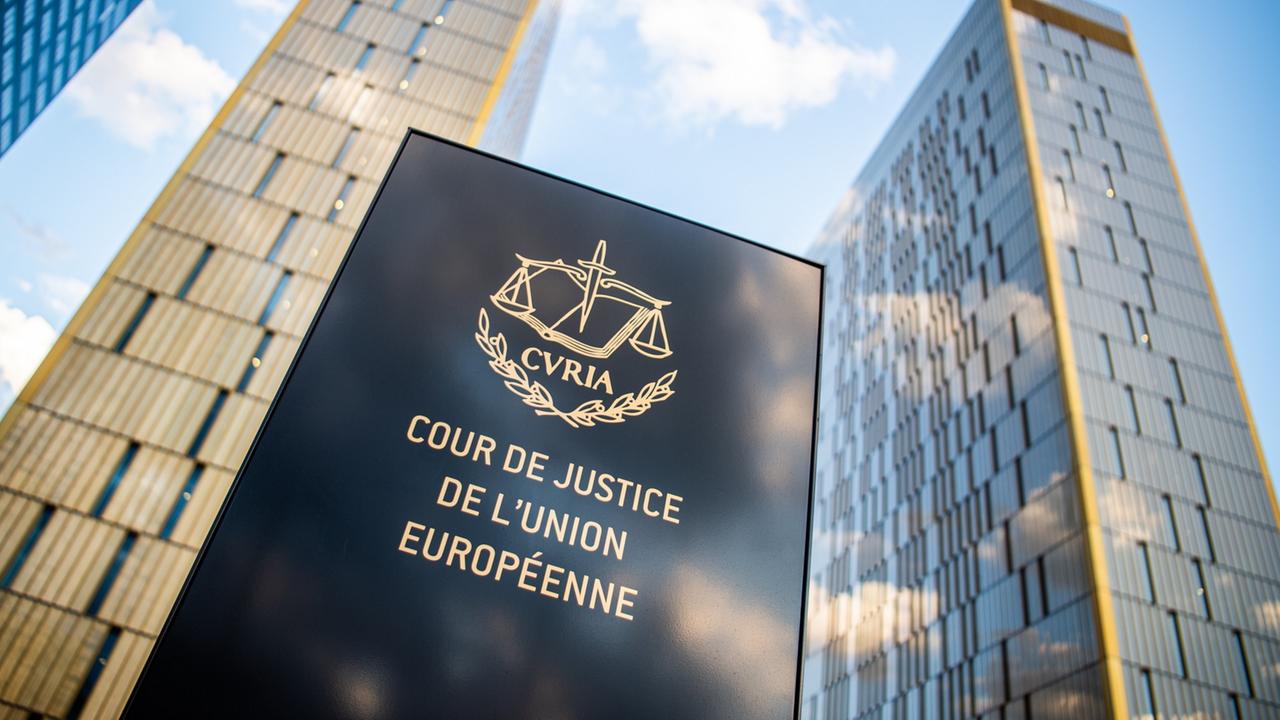If a refugee receives protection in one EU country, this does not automatically apply to other EU countries, the ECJ ruled. However, an EU country must take the other's decision into account in terms of content.
In the first case, Italy recognized a man from Turkey as a refugee in 2010. As a supporter of the Kurdish Workers' Party (PKK), he was threatened with political persecution in his home country. The man now lives in Germany. Turkey is now demanding his extradition.
The reason: He is said to have killed his mother before he left Turkey. He is now to be charged with manslaughter in Turkey. The question of whether he can be extradited went to court in Germany. Since this also involves EU law, the ECJ came into play.
Extradition would Refugee status finish
The highest EU court in Luxembourg has now ruled that because the man has refugee status in Italy, he may not be extradited. Otherwise, his refugee status would effectively be terminated, which is not possible. An EU state – in this case Germany – may only extradite if the other state revokes refugee status first. To do this, the responsible German authority must contact the responsible Italian authority.
But even if the Italian authorities revoke the refugee status, extradition is not automatic. The German authorities must also examine the matter and also come to the conclusion that the person concerned no longer has refugee status. In addition, they must also ensure that he will not face an inhuman or degrading punishment in Turkey. Because that would prevent extradition.
Refugee status does not have to be recognized in another EU country
The ECJ also decided another case on the subject of refugee protection: Greece had recognized a woman from Syria as a refugee. She now lives in Germany, but only has so-called subsidiary protection here. The woman, however, wants to be recognized as a refugee – in a “full” sense. A German court ruled that she could not return to Greece because of the inhumane conditions for refugees there.
The ECJ has now ruled that in such cases, other EU states – specifically Germany – do not have to automatically recognize people as refugees. EU law allows this, but it does not oblige other EU states to do so. In the event that they do not accept recognition, they are obliged to examine the facts themselves again. In doing so, they must examine the conditions for granting refugee status in full and from scratch.
However, within this framework, the authority must take the decision of the other Member State into full consideration, according to the ECJ. If it then comes to the conclusion that the conditions are met, it is obliged to grant refugee status. There is then no room for discretion.




